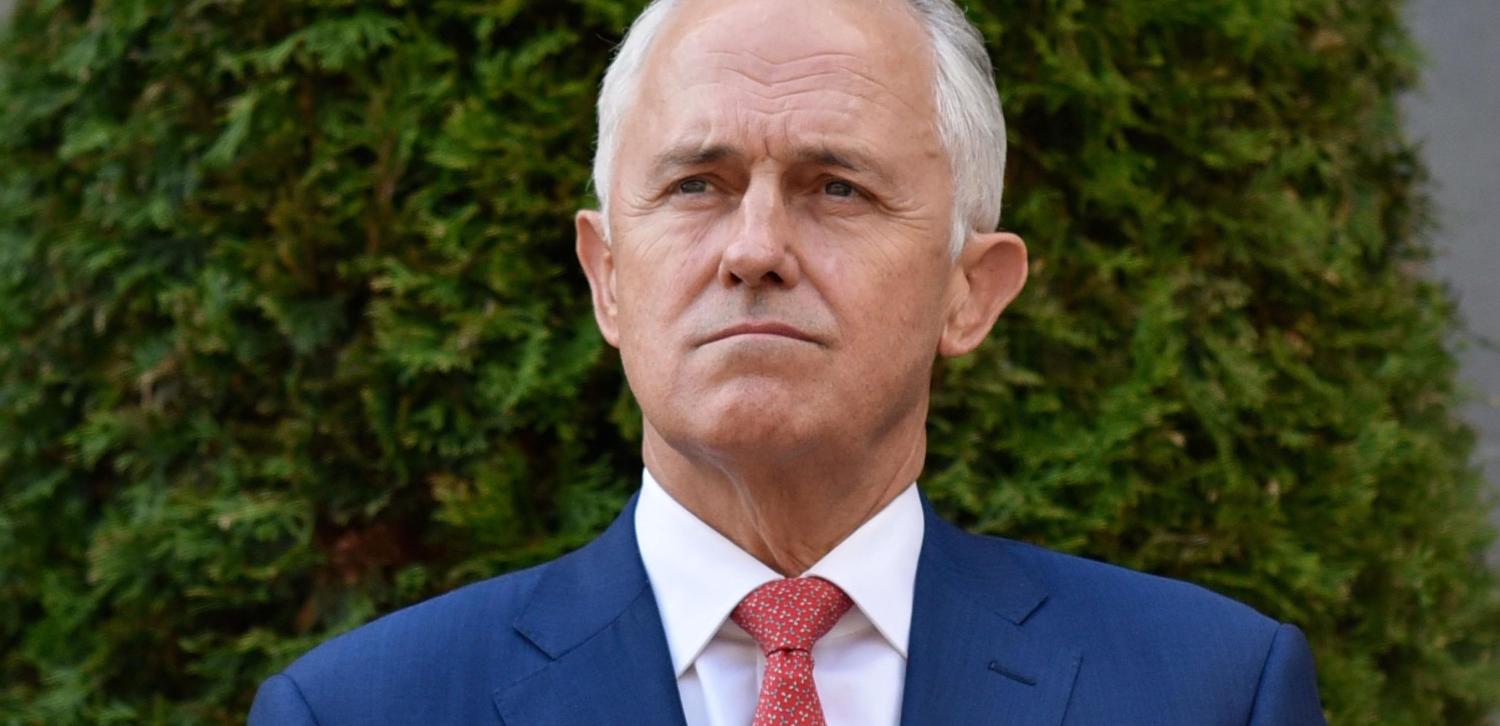Malcolm Turnbull jets off to Washington this week for talks with Donald Trump as both men are engulfed in distracting scandals. For Trump, chaos is constant, while for Turnbull, a brief moment of optimism at the end of last year about his political fortunes changing for the better has surrendered, at least for now, to the Barnaby Joyce affair.
Imagine the questions the two leaders will field at a press conference. Officials always like to invoke Australia’s shared values with the US. But surely a wry reporter will ask whose side Trump would take in Turnbull’s lecturing of his deputy in the Coalition over a relationship with a now pregnant staff member?
Trump, infamous for his lewd remarks recorded off-camera, is also fending off claims of paying hush money to adult film stars – a story pursued most vigorously not by a trashy tabloid but the Wall Street Journal.
Or will the focus be on Russia’s meddling in US politics? Turnbull has already warned Moscow is “wreaking havoc across the democratic world” to justify his proposed – I think poorly designed – foreign influence and counter-espionage laws. But Trump’s view of Russia is framed entirely through the legitimacy of his seat in the White House. He greeted the weekend news about the indictment of 13 Russians by tweeting furiously that it was “Crooked Hillary”, not him, that colluded with Russia.
Given all the grief the Russia investigation has caused Trump, a journalist might ask whether the President and Turnbull discussed the role of Australia’s former foreign minister Alexander Downer in sparking the investigation.
The Trump camp has worked assiduously to blame the whole Russia saga on the gossip-riddled reports of a former MI6 agent. But The New York Times revealed Downer’s tip-off to be the true instigator.
Following a boozy night out in London in May 2016, one of Trump’s aides confided in Downer he’d been told Moscow had thousands of hacked emails to foul the Clinton campaign before the breach was made public. Turnbull, and pretty much anyone in government, refused to comment after the story broke just before New Year – a sure sign of sensitivity about having Australia forever linked in Trump’s mind to the Russia investigation (not that Downer did anything wrong in passing on the information).
But another topic entirely could pose a difficult emotional test for both leaders: the question of gun control. After the FBI admitted it failed to follow up warnings about Florida school shooter Nikolas Cruz in the weeks before he killed 17 people, Trump hammered the agency for “spending too much time trying to prove Russian collusion with the Trump campaign”. The political link is lamentable. Trump is under pressure to act on guns, with the usually supportive New York Post demanding a “Nixon-goes-to-China” moment to see Trump impose sensible gun control.
Maybe this reflects a shift in views, but American attitudes towards guns are stubborn. One of the campaign tricks potent lobbies such as the National Rifle Association use to invigorate its supporters is to single out an enemy. And a favourite NRA bogey are the gun laws in Australia.
Turnbull’s presence in Washington just as the US again wrestles with the devastating cost of a mass killing could be a lightning rod for gun control advocates and opponents alike.
Sex scandals, Russia, and guns are not the topics Turnbull and Trump would want to dominate coverage of a visit. Perhaps as a small blessing, this time won’t be all about a certain phone call and any joint press conference usually only sees one or two questions from the national media on each side. But neither leader really has the strength of position to control the narrative.

